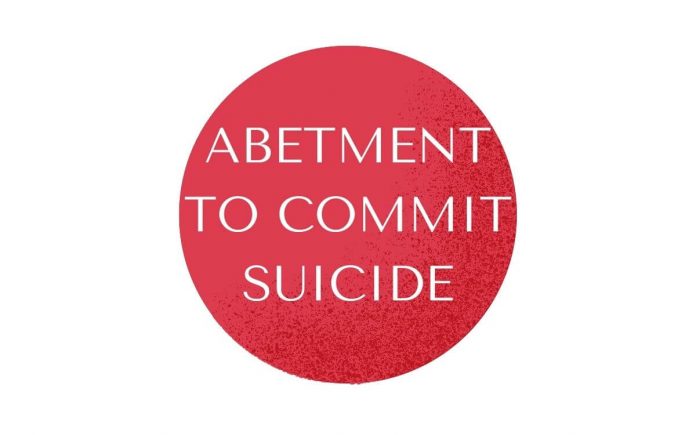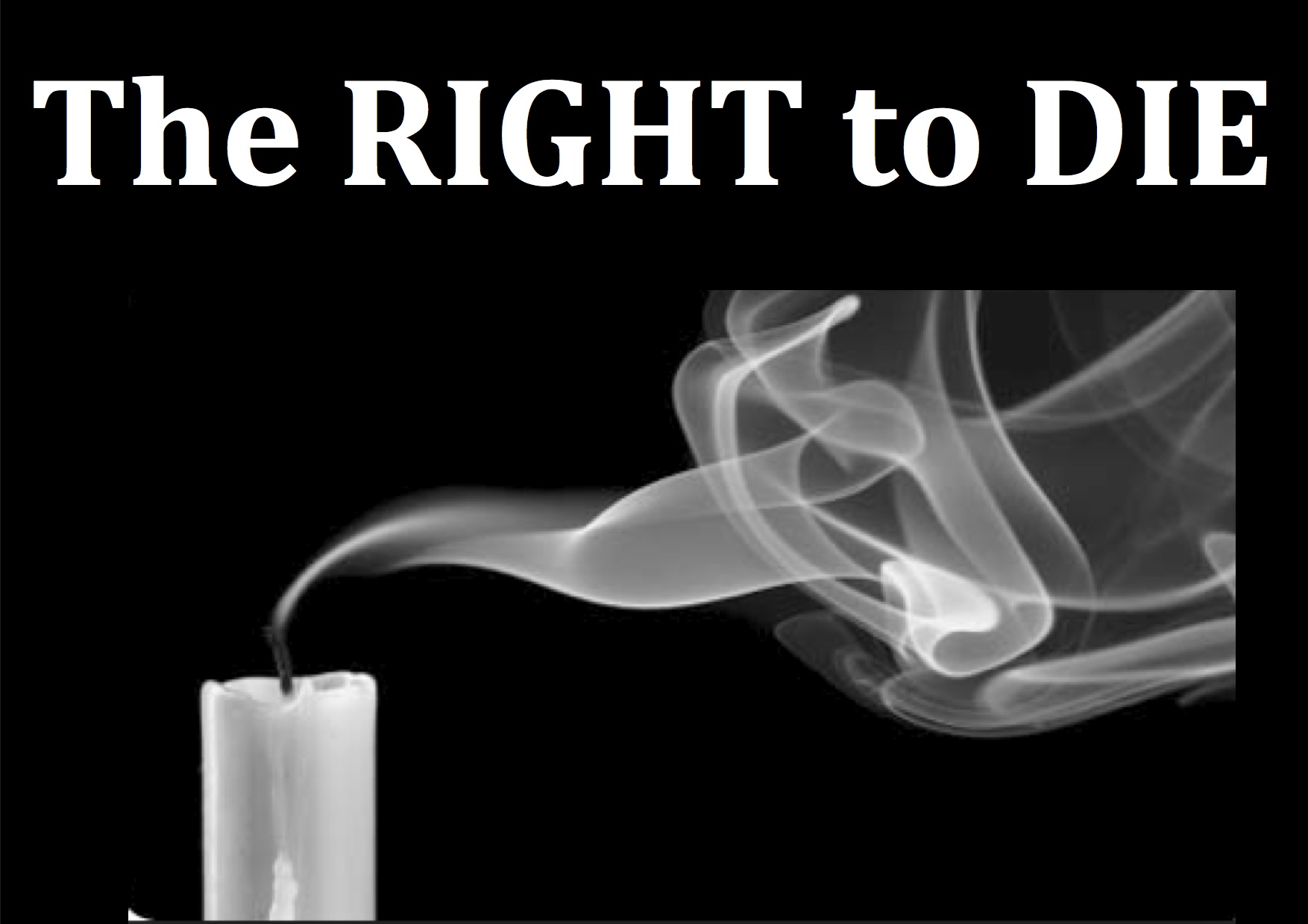This article is written by Akshita Gupta, from Symbiosis Law School, Noida. This article discusses the recent judgment of Shabbir Hussain v State of Madhya Pradesh (2021) and the relevance of Section 306 of IPC,1860.
Table of Contents
Introduction
Abetment is the act of inciting a person to do something or the mental process of instigating a person to do something. According to Section 107 which defines the abetment of thing, a person is liable for abetment if he/she instigates any person to do that thing, engages in any conspiracy for the doing of that thing with one or more other individuals, or intentionally assists the doing of that thing by an act or illegal omission.
The Supreme Court in the case of Shabbir Hussain v. State of Madhya Pradesh (2021) held that the allegations against the accused were of harassment of the deceased and that there was no further evidence on record proving abetment. Mere allegations of harassment would not amount to abetment of suicide with no material on record which indicates abetment. In this article, this case has been discussed in detail.
Shabbir Hussain v. State of Madhya Pradesh (2021)
Facts of the case
Roshan Bee, the deceased Firoz Khan’s wife, moved back to her parents’ house on September 10, 2014, due to a matrimonial disagreement. Firoz Khan poisoned himself and left four suicide notes at his home on September 22, 2014, because the accused refused to send his wife and daughter with him, and as a result, they are to blame for his death.
Shabbir Hussain, the brother of the deceased, filed a case under Section 306 of the Indian Penal Code,1860 against the respondent. After the investigation, a charge sheet was filed after which the trial was commenced against the respondent. The accused petitioned the High Court of Madhya Pradesh for a retrial, which was granted.
Further, an appeal was made before the Supreme Court, it was claimed while referring to the case of Amalendu Pal v. State of West Bengal (2010) that the abetment of suicide by the accused is prima facie evidence of harassment by them, which encouraged the deceased’s suicide. Also, as stated in the judgment of the case Rajesh v State of Haryana (2019), conviction under Section 306 IPC is not sustainable based solely on the allegation of harassment without some positive action on the part of the accused close to the time of the occurrence that led or compelled the individual to commit suicide.
Issue of the case
The main issue that was raised in this case was:
- Whether mere harassment amounts to abetment of suicide under Section 306 Indian Penal Code,1860?
Relevant provisions
Section 306 of the Indian Penal Code,1860
If a person commits suicide, anyone who abets suicide will be punished with imprisonment for a term up to 10 years, as well as a fine. Abetment of suicide is a cognizable, non-bailable, and non-compoundable offense that is prosecuted in a Sessions Court. To be found guilty under Section 306, there must be not only a clear intention to commit the crime but also an active act that leads the deceased to commit suicide. Such an act must be coerced, leading the deceased to believe he or she has no other choice but to commit suicide.
Essential elements
To get a successful conviction under this Section, three conditions must be fulfilled:
- The deceased must have committed suicide,
- The accused under this Section must have abetted or instigated him/her to perform such an act,
- The accused’s alleged involvement must be direct.
The essence of the Section 306 offense is abetment. The term abetment is defined in Section 107. This Section will always be at the heart of Section 306, and the prosecution will have to show the abetment done by the person because of which the deceased commited suicide since they were not left with any other option.
Arguments raised by the parties
The arguments raised by the petitioners were :
- Allowing the criminal revision was a mistake by the High Court, especially after ten witnesses had previously been questioned.
- The counsel cited the suicide notes made by the deceased Firoz Khan to corroborate his claims that Firoz was harassed by the respondent, prompting him to commit suicide.
- The counsel contended that the respondent’s abetment of the charge of suicide is prima facie established because the respondent’s harassment aided the deceased’s suicide.
Judgment of the Court
The Supreme Court held that mere harassment would not amount to an offense of abetment of suicide under Section 306 of the Indian Penal Code. While referring to the case of Chitresh Kumar Chopra v State ( Government of NCT of Delhi) (2009), the Court went on to say that abetment occurs when one person instigates another to do something and that the instigation can be inferred when the accused has created conditions in which the deceased has no choice but to commit suicide as a result of his or her actions or omissions.
The appeal was thus dismissed, with the Court noting that the allegation made was the deceased had been tormented by the accused, but there is no further evidence on record to suggest abetment.
Ratio decidendi
The Supreme Court laid down the following proposition to determine mere harassment does not amount to abetment of suicide under Section 306 of IPC,1860:
- In legal terms, determining whether a death is a suicide or not is a determination of fact, which means the evidence must be analyzed before a decision can be made. In everyday speech, the term “suicide” is loosely applied to any act of self-destruction, although suicide is never assumed. When a deceased person is thought to have known the likely consequences of what self-harm is about to do to them and yet commits it on purpose, it is considered suicide.
- Once this is established, the intent of the person charged with abetment of suicide is investigated.
- Abetment by a person is when one person instigates another to do something.
- Instigation can be inferred when the accused has created conditions in which the deceased has no choice but to commit suicide as a result of his or her actions or omissions.
- The claims against Respondent in this instance are that they harassed the deceased but there is no further evidence on file that suggests abetment.
Obiter dictum
- The Supreme Court while dismissing the petition has mentioned that the High Court has not made any mistake while allowing the criminal revision.
Case analysis
As per the above-mentioned judgment, it is clear that to hold someone liable under Section 306 of the Indian Penal Code, firstly there must be a case of suicide. Secondly, the person who is stated to have abetted the crime of suicide must have taken an active role in the commission of the said offense by initiating or doing something to facilitate the commission of suicide. Abetment to suicide has to make the deceased left with no other option but to commit suicide. In this case, since there was no such evidence to the fact that the accused had instigated the deceased to commit suicide, therefore, she could not be held liable under the same. The conviction is sustainable under this Section if there are some constructive actions on the part of the accused close to the time of the incident that led or compelled the individual to commit suicide.
Conclusion
Abetment of suicide is when an individual commits suicide when he has been instigated or has been abetted to commit suicide by another person. Since the scope of the rule is confined to only three categories, the accused can simply circumvent the criminal provisions dealing with such offenses. As a result, it is necessary that the provisions dealing with the charge of abetment be amended in such a way that offenders are unable to avoid the laws, change cases to suit their own needs, and escape punishment.
References
- https://www.livelaw.in/top-stories/supreme-Court-306-ipc-harassment-abetment-of-suicide-178714
- https://www.legalserviceindia.com/legal/article-4864-abetment-to-suicide-an-offence-under-section-306-of-indian-penal-code-ipc-1860.html
Students of Lawsikho courses regularly produce writing assignments and work on practical exercises as a part of their coursework and develop themselves in real-life practical skills.
LawSikho has created a telegram group for exchanging legal knowledge, referrals, and various opportunities. You can click on this link and join:
https://t.me/joinchat/J_0YrBa4IBSHdpuTfQO_sA
Follow us on Instagram and subscribe to our YouTube channel for more amazing legal content.
 Serato DJ Crack 2025Serato DJ PRO Crack
Serato DJ Crack 2025Serato DJ PRO Crack










 Allow notifications
Allow notifications


